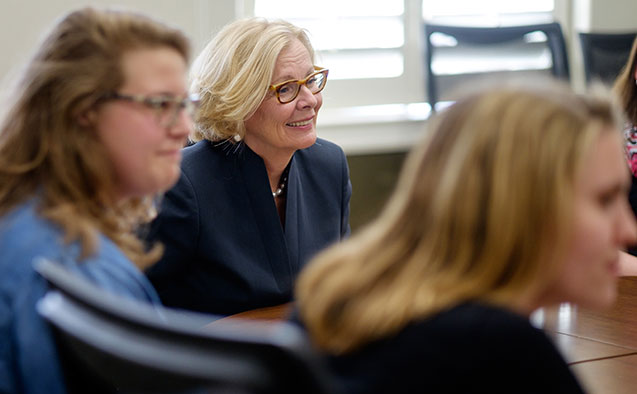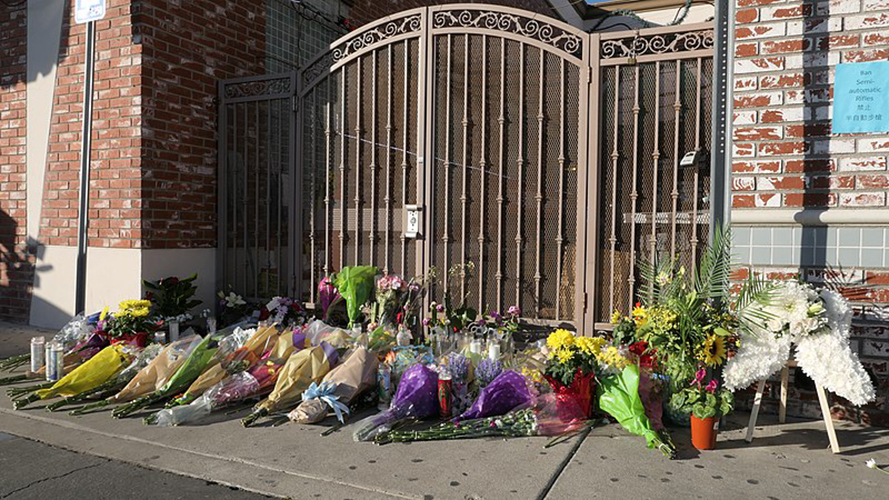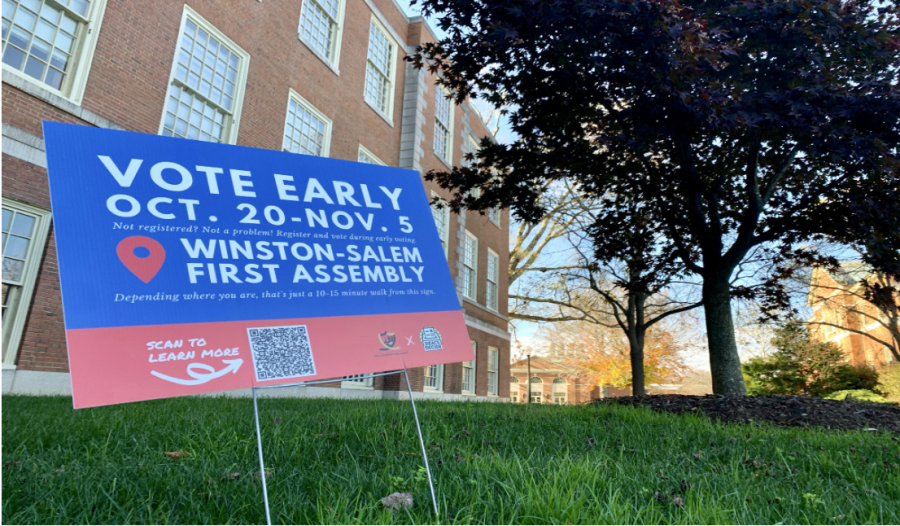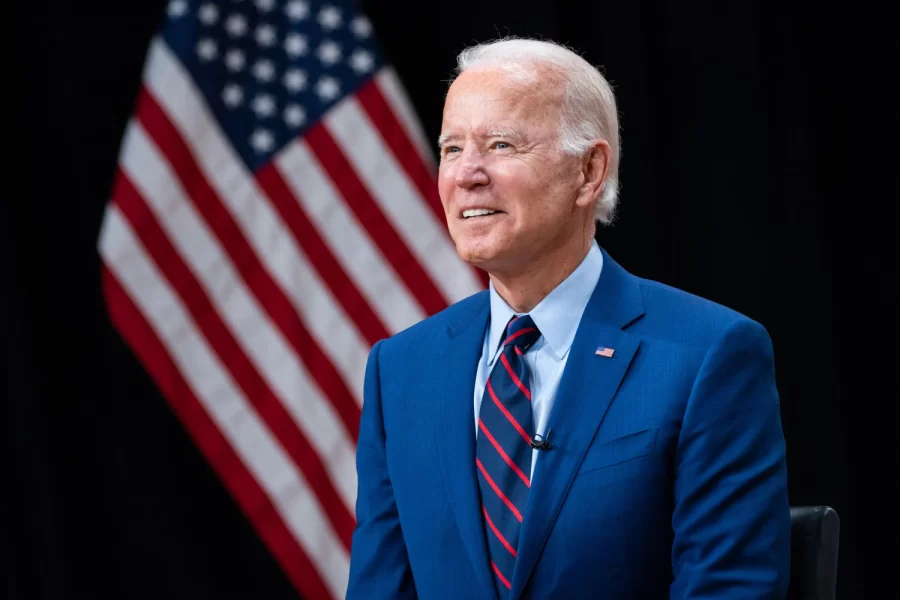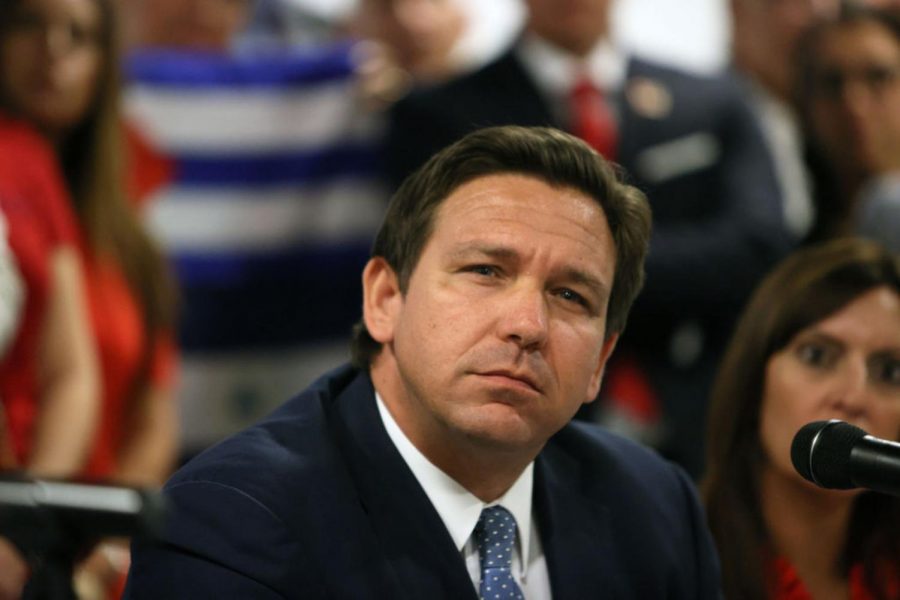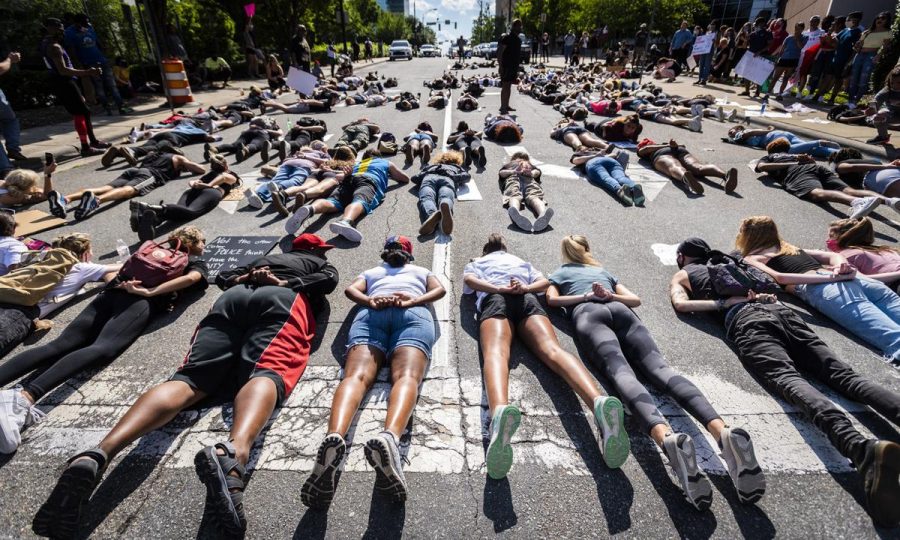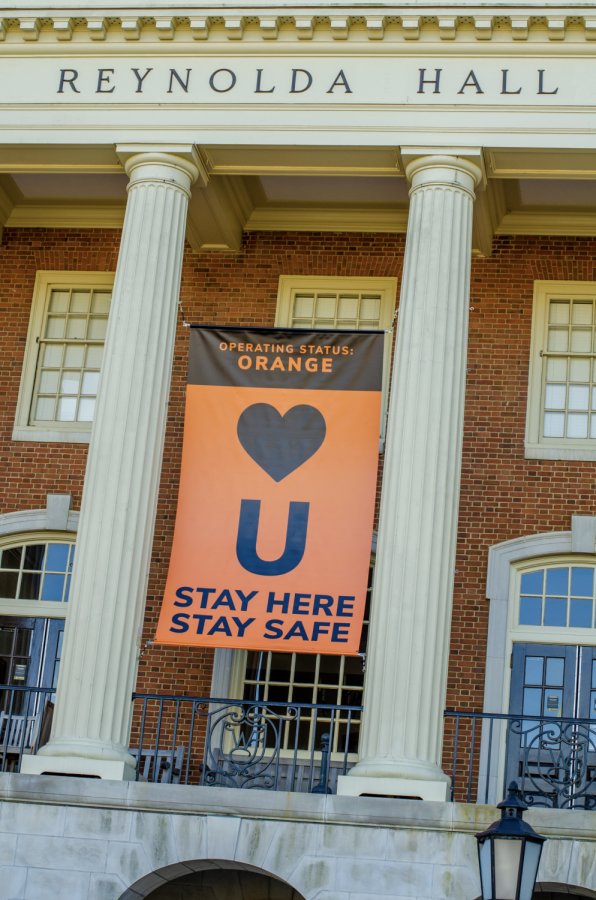The celebrated speechwriter and columnist spoke on politics and former presidents.
Noonan, a renowned speechwriter for the Ronald Reagan and George H. W. Bush administrations, a frequent columnist for the “Wall Street Journal”, and published author of eight books, spoke on Sept. 8 to a packed crowd in Brendle Recital Hall.
Noonan walked the audience through her own insights from both personal and professional experience as a journalist and speechwriter of each American president beginning with Reagan.
She began her assessments with Reagan, a president who was noted for his exceptional charisma on stage. Noonan recalled that when Reagan addressed his audiences, he was often “leaning towards the people and the people were leaning towards him.”
In his private life, however, Noonan said that “he was a person of a certain emotional remove.”
George H. W. Bush took office after Reagan. Noonan contrasted Reagan’s and Bush’s personas, describing the two as opposite sides of the same coin. Bush was less charismatic on stage but more personable individually, the opposite of Reagan.
“[Bush’s] personal space was vibrant, in which he was a master of intimacy. In the larger world of politics, the tentative part of his nature took hold,” Noonan said.
In keeping with the theme of her speech, Noonan stated that Bush could have learned from Reagan that “a great leader has more in common with an artist than an economist” and to “have a sense of the big arc of history.”
Noonan went on to compare Bush with former president Bill Clinton. The impression [Clinton] made was greater than the impression his words made.”
However, Noonan praised his ability to work in a bipartisan fashion, citing that Clinton “remembered the people back home with affection,” despite his home being in conservative Arkansas. She compared this to Bush’s similar strength in bipartisanship, as he, though a conservative, had his home in liberal Connecticut.
She recalled an experience she had at the National Prayer Breakfast in 1997 where Clinton, who was in the middle of his impeachment trials, gave a speech. Clinton delivered the message that “we are all hard on each other.” Which Noonan and many others in attendance felt had a subtle message from Clinton that he felt this was all too hard on him.
This cleverness, Noonan shared, “was a lesson that [Clinton had] learned too well.”
Noonan then shared what George W. Bush could have learned from Clinton that a president “gets to do two or three huge things, not 12,” since she felt that Bush tried to take on too many projects during his term. She feels Obama could have learned from Bush that, “you cannot change a major American reality without support from the other side,” citing Obama’s healthcare policies.
Looking into the future, Noonan said that the nation will miss Obama’s “personal dignity in his own sphere,” referencing how both top candidates for president lack this personal dignity.
Although she is known for her work with Reagan and her conservative-leaning columns, she had never thought of herself as loyal to any political party. This experience showed, “[her] own self perception was different than that of others’.”
Rather than blindly subscribe to one party or another, she advised the audience to “[only] give all of your support to something when you think that they are completely right.”
When asked whether she considered herself a poet, she said, “[I] considered myself a writer trying to fit her vocation into a certain form.”
She ended her speech and her time on stage by advising her audience to “read poetry, read great literature. If you read and you care and you absorb, you will discover depths in the writer, and by your appreciation, depths in yourselves.”



